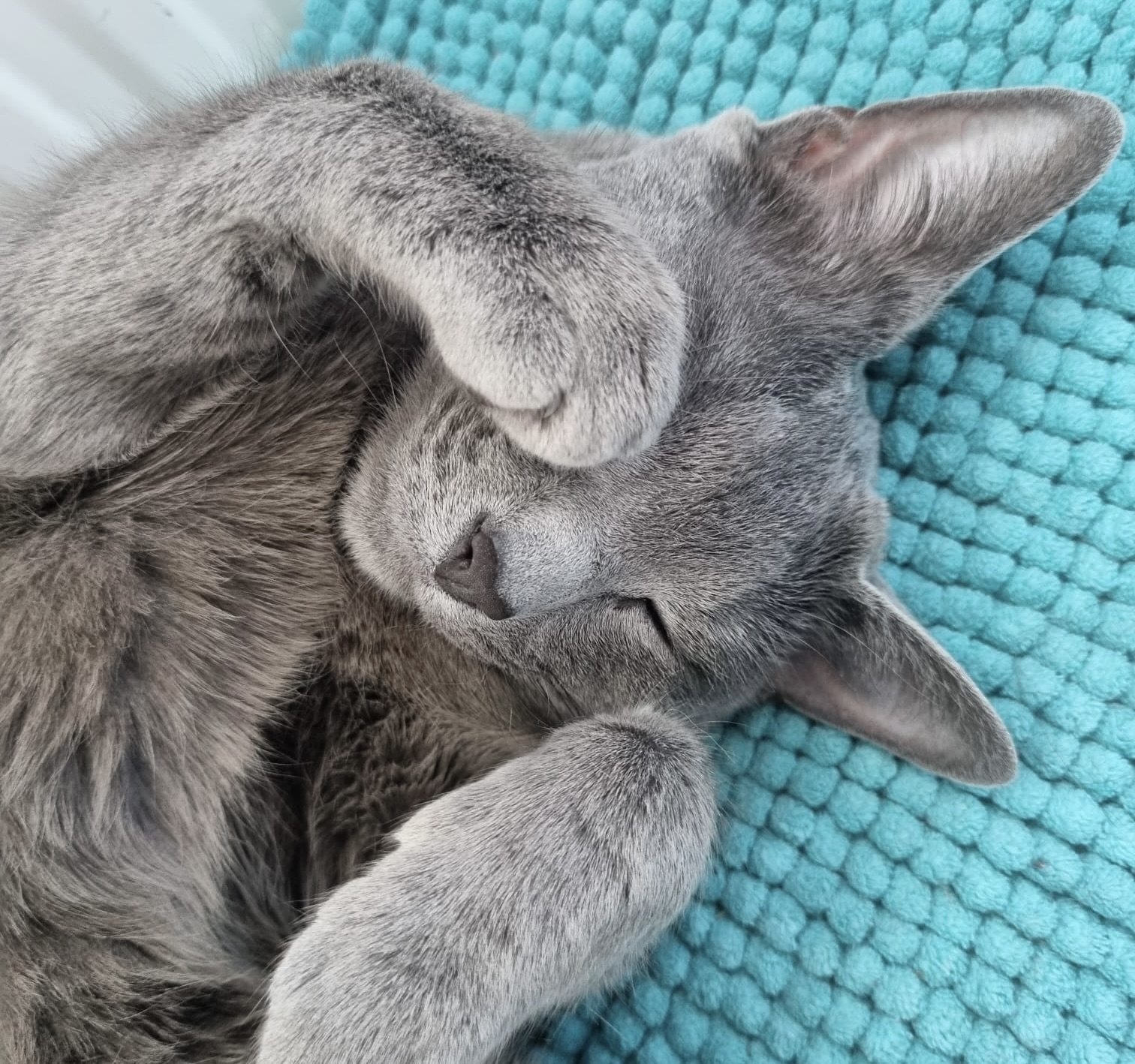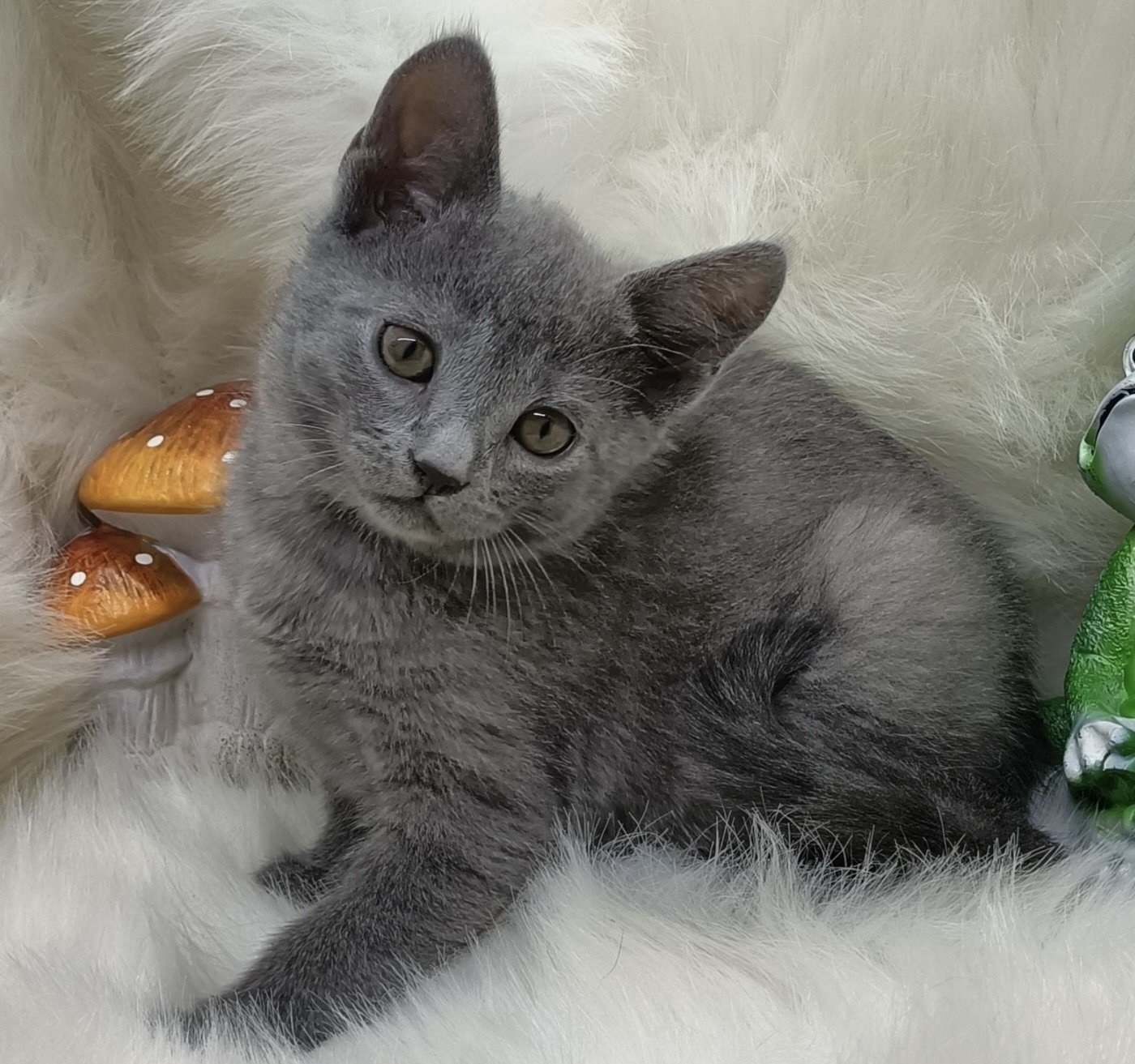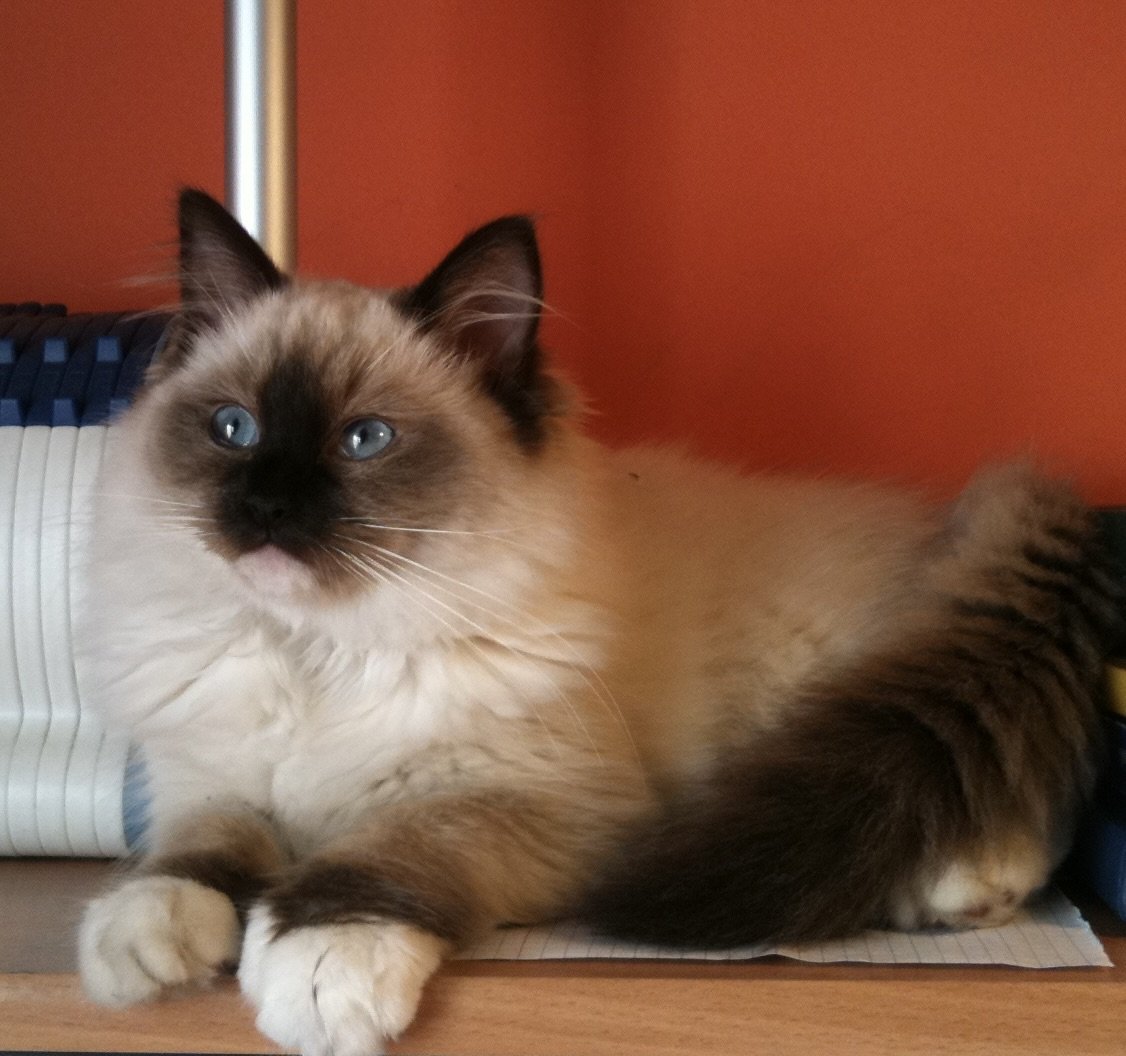
Filters
CLEAR ALLDachshunds are well-known scent hound dogs. They were originally bred to track and hunt badgers and other tunnelling animals, including foxes and rabbits. Hunters even utilized packs of Dachshunds to run after wild boar. However, today, their adaptability and flexibility have made them popular family dogs, show dogs, and small-game hunters. In fact, they have been ranked one of the top most popular breeds since the 1950s.
Dachshunds come in three distinct coat types; long-haired, wire-haired, and smooth-coated.
As the confident Dachshund walks by, you can’t help but smile at their charming (and slightly comical) appearance. Alongside their active characters, their appearance has inspired many loving nicknames over the years, such as hot dog, sausage dog, wiener dog, Dashie, Doxie, and many others.
They have also been a favourite muse of cartoonists and toymakers. However, their unusual looks and short legs have a purpose. They helped these dogs to dig and manoeuver through tunnels and small corners with ease. They may be small, but Dachshunds are brave.
At home, a Dachshund’s playful personality really shows. They love to be close to their human companions and enjoy "assisting" in everyday tasks. Because of their intelligence, they often have their own ideas about playtime rules and they adore running after other small animals, toys, and birds.
The dog breed standard possibly defines their personality best:
"The Dachshund is smart, active, and bold to the point of recklessness, persevering in above and below groundwork, with all the senses well-developed. Any display of shyness is a serious fault."
Dachshunds are well-known scent hound dogs. They were originally bred to track and hunt badgers and other tunnelling animals, including foxes and rabbits. Hunters even utilized packs of Dachshunds to run after wild boar. However, today, their adaptability and flexibility have made them popular family dogs, show dogs, and small-game hunters. In fact, they have been ranked one of the top most popular breeds since the 1950s.
Dachshunds come in three distinct coat types; long-haired, wire-haired, and smooth-coated.
As the confident Dachshund walks by, you can’t help but smile at their charming (and slightly comical) appearance. Alongside their active characters, their appearance has inspired many loving nicknames over the years, such as hot dog, sausage dog, wiener dog, Dashie, Doxie, and many others.
They have also been a favourite muse of cartoonists and toymakers. However, their unusual looks and short legs have a purpose. They helped these dogs to dig and manoeuver through tunnels and small corners with ease. They may be small, but Dachshunds are brave.
At home, a Dachshund’s playful personality really shows. They love to be close to their human companions and enjoy "assisting" in everyday tasks. Because of their intelligence, they often have their own ideas about playtime rules and they adore running after other small animals, toys, and birds.
The dog breed standard possibly defines their personality best:
"The Dachshund is smart, active, and bold to the point of recklessness, persevering in above and below groundwork, with all the senses well-developed. Any display of shyness is a serious fault."



The standard Dachshund can weigh between 16 and 32 pounds but will never stand more than 8 or 9 inches tall. They have long, muscular bodies with distinctive short and stubby legs and large, paddle-shaped front paws, giving them an utterly disproportionate appearance. However, their unique body shape makes them so good at digging and hunting tunnel animals.
Dachshunds have deep, barrel-like chests for increased lung capacity, long noses for an excellent sense of smell, and curved tails to help spot them while burrowing. Another distinctive feature of Doxies is their flappy drop-down ears that also serve a purpose, to keep dirt and grass seeds out of the ear canal while they are digging.
Standard Dachshunds come in three varieties; smooth (short haired), wire-haired and longhaired. Smooth is the most popular variety, featuring short, shiny coats that require minimal grooming. However, this type of Dachshund is the most sensitive to the cold, and they need to wear a dog sweater if living in a cold climate.
Long Haired Doxies have long and sleek coats that can be slightly wavy. This variety has much higher grooming needs as their hair can easily matt, especially around their elbows and ears. Therefore, if you choose a longhaired Dachshund, you’ll need to brush them every day. Finally, wire-haired Dachshunds have thick, wiry, short coats that feel much rougher than the other two types. They have bushy eyebrows and a beard and need regular brushing, although not as much as the longhaired Doxies.
The most common coat colours are wild boar, a mix of black, brown, and grey, black and tan, and various shades of red. Cream, black and cream, tan, chocolate and tan, and fawn are all possible shades, as are patterns like dapple, brindle, sable, and piebald.
Dachshunds have lively, animated characters with a playful nature. However, they also have an affectionate side and love to cuddle, making them fab companion animals and even therapy dogs. Some people believe that Longhaired Dachshunds have a more docile temperament than the Smooth or Wirehair varieties, who are more mischievous.
Doxies are intelligent canines but can be stubborn, choosing to make their own rules instead of following yours. However, they are confident and courageous animals, and because of their hunting origins, they have a strong desire to seek out and catch small animals. Therefore, they should not be allowed to roam. Also, because they are very good at digging and burying, you’ll need to take extra precautions to ensure your garden is securely enclosed.
Dachshunds develop very close bonds with their owners but can particularly attach themselves to one person in the home. As a result, they can become jealous if their favourite person gives attention to someone else, so socialisation and training are essential. They love to be around their humans; thus, this breed can develop separation anxiety, too.
Their large lungs allow them to bark much deeper and louder than other dogs their size, and they are pretty vocal. Moreover, Doxies can become snappy when irritated or threatened if their owners do not train them well.
In one aspect, these dogs are well-suited to living in an apartment or flat as they are small and do not necessarily need a garden. Although they are energetic, they are happy to play indoors as long as they have plenty of toys. However, as they are loud for small dogs, you might want to reconsider this if you live very close to others.
Dachshunds are one-person dogs, so they usually do best with single people. However, they are adaptable, so there is no reason they cannot do well with a couple or family. They enjoy walks but do not need lots of exercise.
The main concern with this breed is how they respond to being left alone. Many will become anxious, leading to destructive behaviours, so they will surely be happier with an owner who works from home or a retiree. They can get along fine with children and other dogs, but it can be more complicated with cats. Some Doxies will be friendly towards felines, but others will require thorough training and a lengthy introduction.



Their stories
We love happy endings. Discover stories of pets who found their beloved family with the help of The Pedigree Paws <3.

Neo
Russian Blue
We had some concerns purchasing a kitten online but our experience with The Pedigree Paws was great. They connected us with Caroline, the Russian Blue breeder and we had many conversations and received multiple pictures and videos. She answered to all our questions.
The Pedigree Paws verified for us all the vaccinations and health checks to make sure our new kitten was 100% healthy.
Thank you for all your help The Pedigree Paws! Highly recommended!

Jack
Miniature Dachshund
One of the reasons I was hesitant to order a puppy from The Pedigree Paws is because I live in Spain. However they connected me with a very good FCI breeder in Barcelona.
He showed me all the health documents of both parents, their pedigree and answer to all my questions. I am so happy they helped me to find a healthy puppy as finding one by myself was very overwhelming. Contacting The Pedigree Paws was the best decision and I highly recommend them to everybody!

Stitch
Chartreux
From the kittens's selection to the arrival of our Chartreux kitten, The Pedigree Paws was there to assist us. We had great experience with them, and they breeder Alexandra from France with whom they connected us and from whom we got our kitten from. They are very prompt in answering our initial and follow-up questions while our kitten was in transit. Very reliable and trustworthy!
Thank you so much for all your help. We are very happy with our new family member. We will definitely recommend it to all our friends.
Athena
Chihuahua
It's been a few months since we decided to find a Chihuahua puppy to join our family, however we had issues finding a good breeder.
We contacted The Pedigree Paws and they connected us with a very unique breeder in Greece. Many videos and pictures were shown, the breeder shared with us the proof of vaccinations, deworming and her 5 generation pedigree. We were fortunate as George, the breeder was able to deliver the puppy to us personally. We are very pleased with our beautiful Athena. Thank you, The Pedigree Paws, for being truthful and transparent.
Thor
Abyssinian
I feel wonderful having help from The Pedigree Paws finding the dream Abyssinian kitten I was looking for. Thor is the absolute dream! The Pedigree Paws team was really patient and responsible in everything. Lovely experience! They replied to every questions, requirements, and information I ask about the kitten.
Fin
Chihuahua
Thank you for finding for me such a beautiful Chihuahua puppy! I love him so much from the minute I saw him. He changed my world.
Kate, from The Pedigree Paws assisted me through the whole process informing me about everything from health checks to arranging a Pet Nanny to transport Fin directly to my door. So thankful that the experience went so well! I love my Fin.

Emi
Ragdoll
I have always wanted a Ragdoll kitten as it was my dream cat breed, but didnt know how to find one as heard a lot about kitten farms and bad breeders. I reached out to The Pedigree Paws and they were very accommodating and transparent from the start. They offered me few kittens from their list of breeders and when I saw Emi I knew she was the one! We went through the kitten's parents DNA testing as for me that was a priority to have a kitten free from genetic disorders. We sealed the deal and now I have the best kitten I could dream of! Thank you very much for all your help
Shima
Russian Blue
I really wanted a Russian Blue kitten, but was very nervous getting one after reading horror stories about scammers on the Internet. I had my first call with Natalia, from The Pedigree Paws and with her help I was able to connect with the breeder, that I knew I could trust. I am very lucky to have now Shima, she is an absolute joy to live with.
Need some help?
Contact us to speak to our friendly advisor, who will gladly help you find your dream pet!



We are registered in England and Wales under registration number 12568840,
and our registered office is at 58-60 Kensington Church Street, W8 4DB London, England.
© 2023 The Pedigree Paws